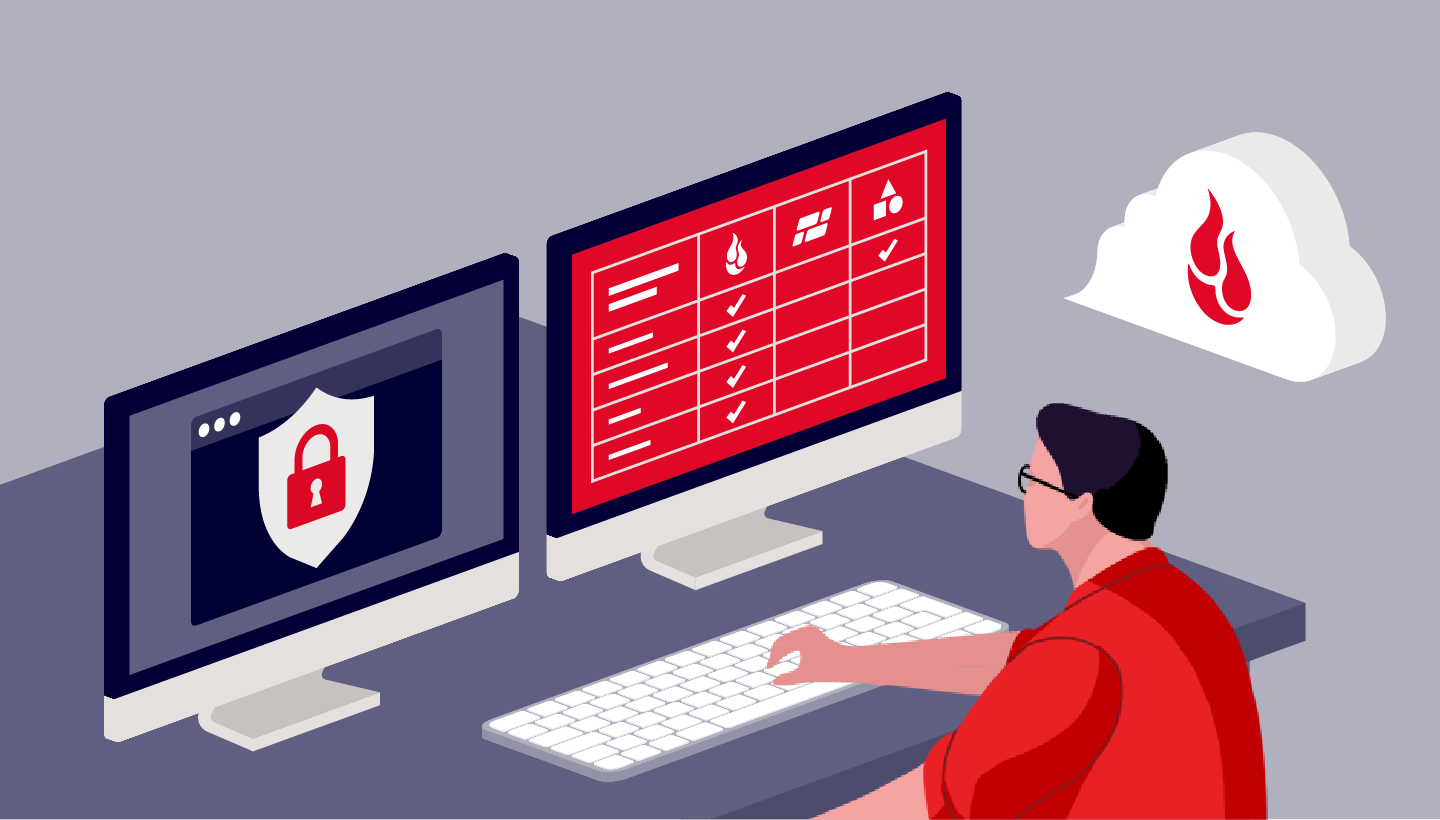
Online backup service provider Carbonite was all over the news this week for suing two of its suppliers, claiming the vendors set up the systems that were responsible for losing 7,500 customers’ data. First published in The Boston Globe, the story was picked up by TechCrunch, Computerworld, CNET, and at least 20 other media outlets.
A large number of users losing their data certainly makes for good headlines and stories about the risks of cloud computing, but I think there is a different story here.
Carbonite’s CEO complained the media response was overblown. He claimed, correctly, that the majority of these reports were misleading. While 7,500 customers’ data was lost, only a small percentage of users (54 in total) actually lost data because this data was a backup and most people still had the the files on their computers.
Numerous articles also used this as an opportunity to raise doubts about using “the cloud” in general. Again, this seems to be a red herring. As a whole, cloud computing is generally more available and reliable than systems users put in place themselves. What’s more, backup is the ideal cloud computing application because it adds to the reliability by having data off-site that you already have locally.
What was missed in the news is that a company whose core business is to provide online backup outsourced their online backup. Carbonite hired a system integrator, and now by suing this vendor, they are effectively denying responsibility for the backup systems.
This would be the equivalent of Google outsourcing search technology.
Building robust online backup technology is difficult. There are certainly lots of complexities involved to ensure data is backed up, redundant, and secure. It is the role of the online backup service provider to have the technical expertise and laser focus to work through these items. Pushing it off on an outside company just seems a bit… risky.
Update: After writing this post, David Friend, CEO of Carbonite, emailed me to state that while they purchased the Promise Technology boxes from system integrator Interactive Digital Systems, they now write their own software.




